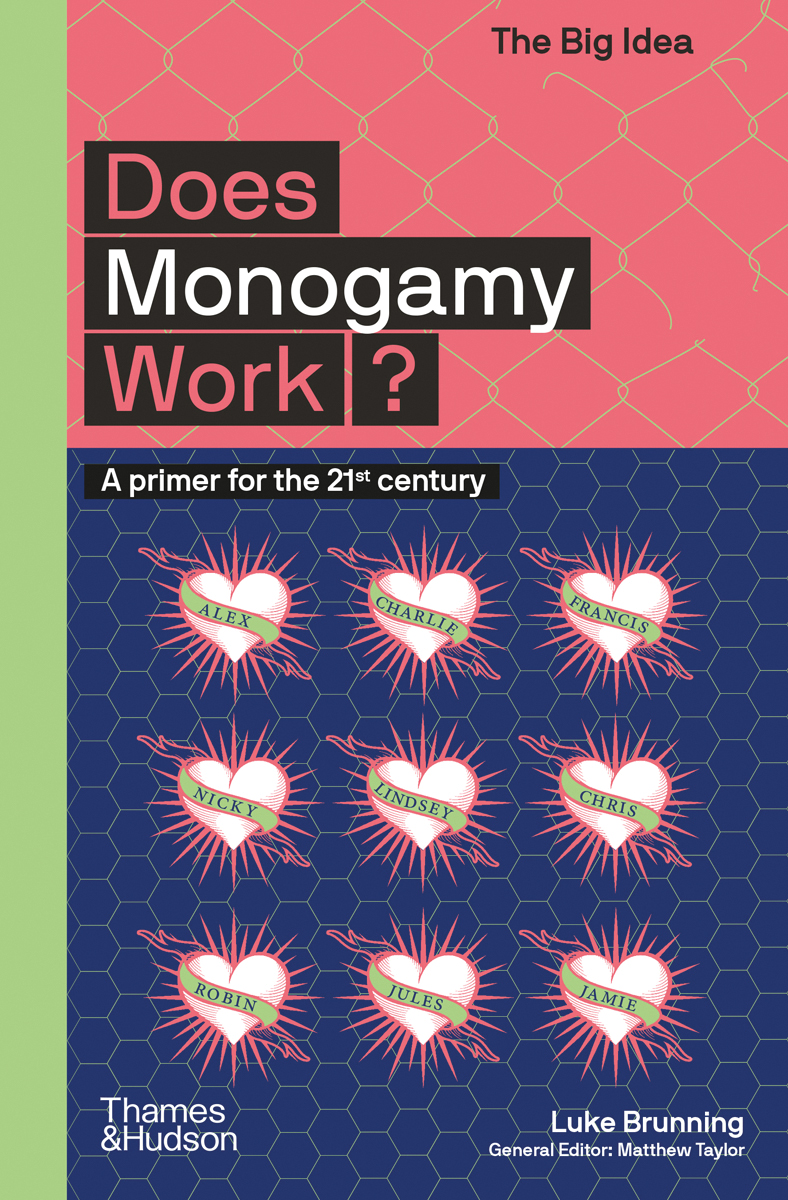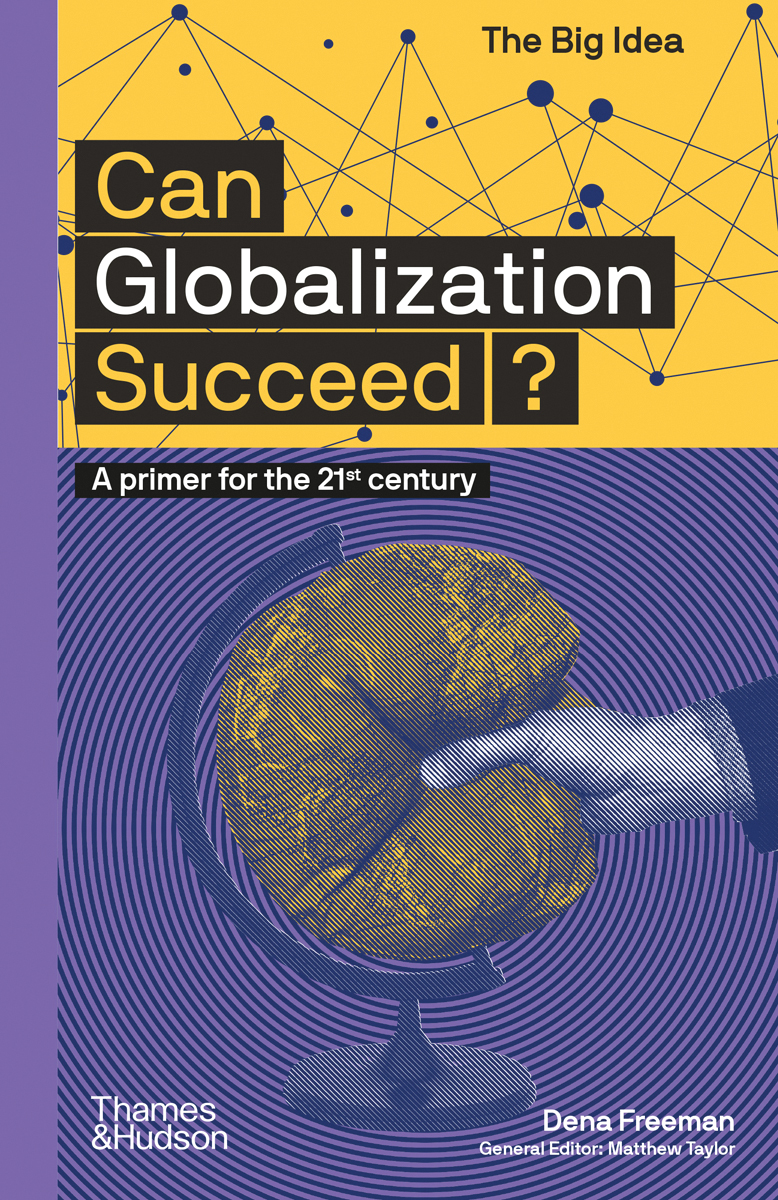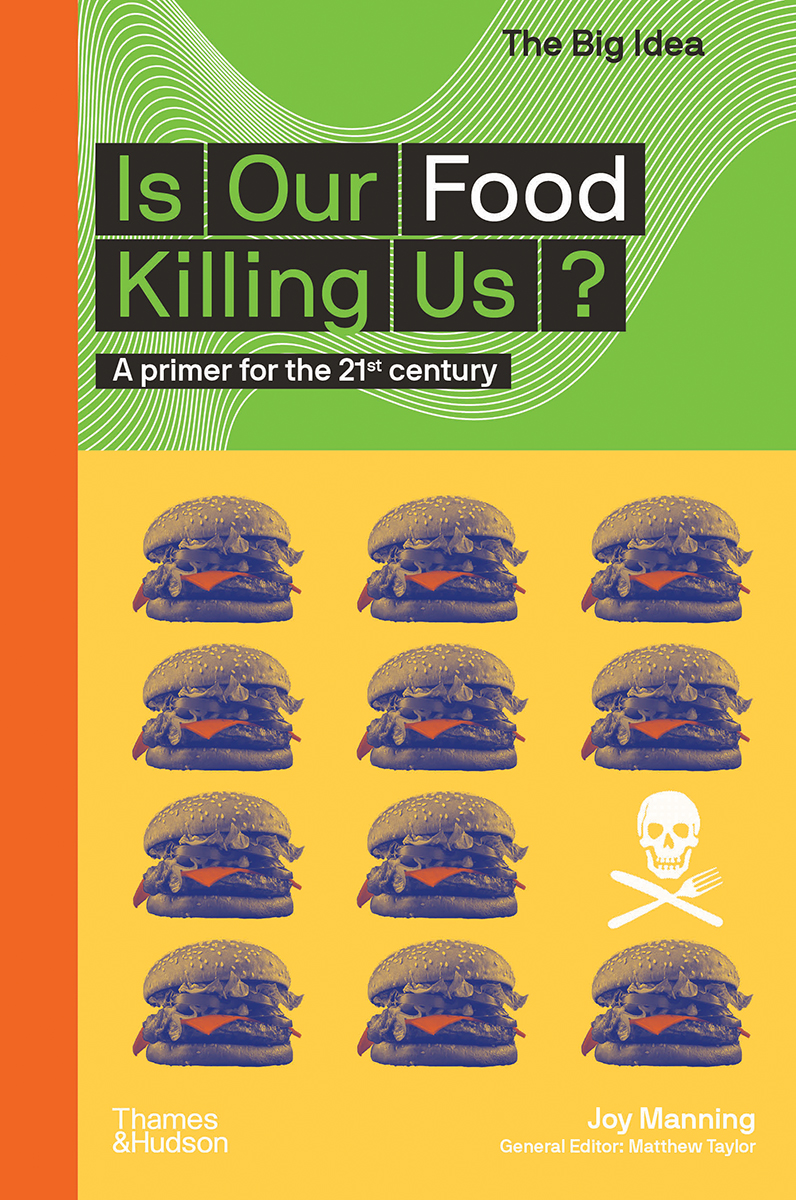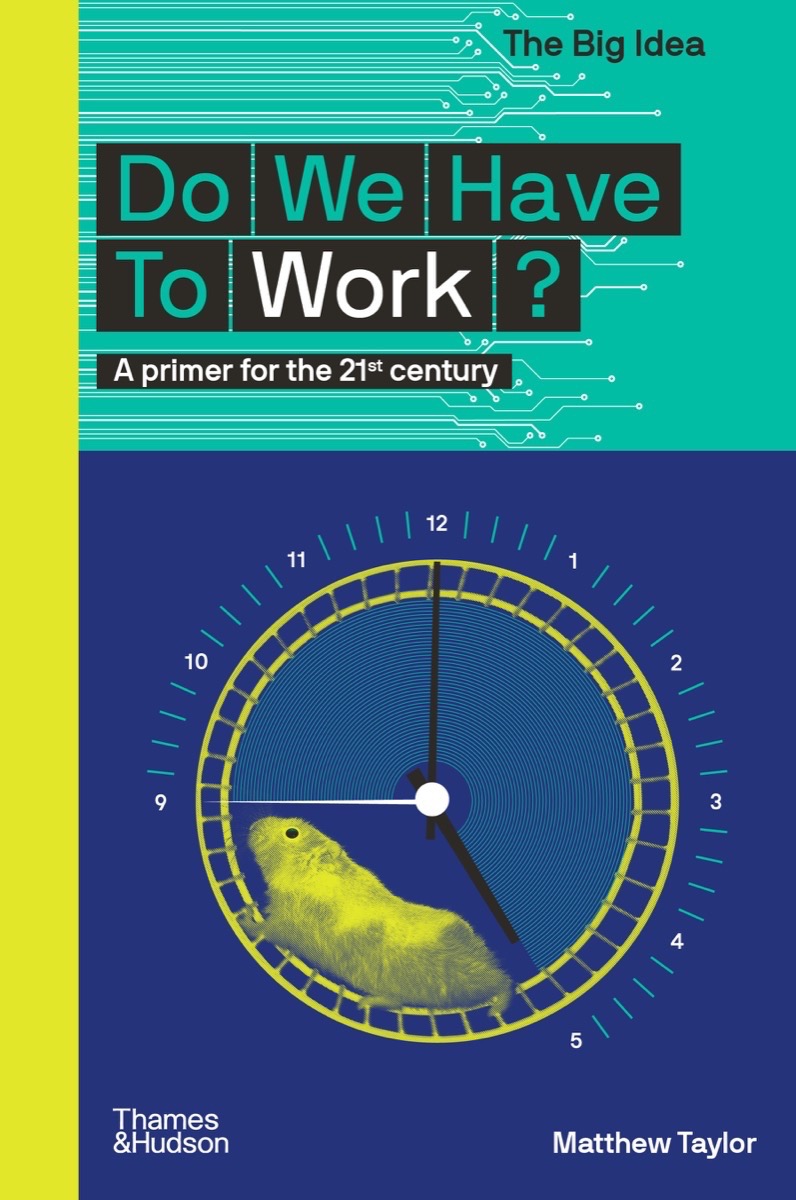


Books in series

#11
Does Monogamy Work? (The Big Idea Series)
2020
Written by an expert in the field, Does Monogamy Work? examines why monogamy is the social norm and the growing interest in alternative relationship models. Even with the current rise in awareness of sexual and intimate diversity, monogamous relationships remain the cultural norm. Most people aspire to it, and the state encourages it, providing legal and financial benefits to married couples; however, statistics show adultery is commonplace, marriage rates are falling, and divorce figures are rising. This entry in the Big Idea series traces the evolution and normalization of the monogamous ideal―questioning whether it is “natural” or not―and surveys the spectrum of alternative relationship models that people are seeking out in a world of internet dating and birth control. It explores the emotional and psychological facets of ethical polyamorous relationships; questions whether these relationships benefit men disproportionately and whether they are compatible with raising children; and assesses the likelihood that diverse forms of multipartner marriages and large friendship networks will become the norm in the future. With over 150 color images and incisive, engaging, and authoritative text, Does Monogamy Work? examines society’s attachment to monogamy, evaluates its benefits and limitations, and assesses the merits of polyamorous relationship models in our modern world. 150 color illustrations

#12
Can Globalization Succeed? (The Big Idea Series)
2020
A lively examination of the effects of neoliberal globalization, its ability to adapt, and its potential to survive the antiglobalization and nationalist backlash. The expansion of capitalism and neoliberal ideologies have delivered economic integration between countries and brought global inter-connectedness to individuals. So why do so many people now feel that they are citizens of nowhere, disparaged by the cosmopolitan elites? Has democracy and the power of nation states been irredeemably weakened by unfettered global finance, opaque forms of global governance, and the power of transnational corporations? Can the huge rise in social and economic inequality be reversed? Can diverse cultural expression be maintained in a globalizing world? In the context of the current nationalist backlash and the momentous impacts of the COVID-19 pandemic, this thought-provoking volume considers whether globalization is dead or whether it will survive, and perhaps transform. Written in a clear and engaging style, the volume traces the development of economic globalization starting from the first wave of colonialization in the 15th century, through the first period of globalization at the end of the 19th century, and up to the contemporary period of globalization that started in the 1980s and appears today to be teetering on the brink of collapse. It explores the impacts of globalization on today’s world, from global supply chains and tax havens to rising economic inequality, climate change and pandemics, and assesses the different impacts on rich and poor countries, and on the rich and poor within countries. It then reviews the growing anti-globalization sentiment, starting from the anti-IMF protests that raged through developing countries in the 1980s and 1990s, to the emergence of the transnational anti-globalization movement of the 2000s, to more recent uprisings such as the Arab Spring, The Occupy Movement, the Gilets Jaunes, and to the current populist nationalist backlash led by President Trump and embodied in the 2016 Brexit vote. Sensing that globalization has reached a tipping point, the book considers a range of possible scenarios for the future world order, including nationalism, authoritarianism and democratic globalism. Finally, it explores whether globalization can be democratized in a world in which effective and inclusive global governance is crucial to solving global problems, such as tackling climate change, controlling global pandemics and upholding universal human rights. 150 color illustrations

#13
Is Our Food Killing Us? (The Big Idea Series)
2021
This thought-provoking volume from noted food writer Joy Manning dissects how the production and consumption of food have become harmful to our personal, societal, and environmental health―and assesses the possible remedies. In the developed world, small-scale family farms have largely been replaced by factory farms, shared meals have given way to eating on the go, and our favorite mass-produced foods can be purchased around the globe. These might seem like indicators of progress in a globalized world that supports a population of 7.7 billion; however, with chronic obesity on the rise, our food laced with additives and chemicals, and the environment devastated by industrial farming, pesticides, fertilizers, and monoculture, it is time to reevaluate what we eat and how we eat it. In Is Our Food Killing Us?, food writer Joy Manning explores the ways in which our food systems have failed us and how we can build a better, more sustainable future. Manning investigates how human bodies and brains respond to different flavors and food groups, and the ways in which corporations have exploited this to create hyperpalatable food products without nutritional value. She then critically addresses how companies market their products to maximize profit at the expense of public health, explaining how fast food came to rule. Zooming out and looking at the large-scale effects of diet, Manning examines the disastrous impact of modern agribusiness on climate change and biodiversity loss. Finally, Manning carefully considers solutions and how we can regain a healthier relationship with food, from eating organic produce to reintroducing family meals, and from changing how we buy food to adopting a plant-based diet.
150 illustrations

#14
Do We Have to Work? (The Big Idea Series)
2021
This book reevaluates the role of work in society and its place in our lives as technology, economics, and environmental necessity are creating the possibility of working less and working better. COVID-induced work from home, demand for government support, changing attitudes toward paternity leave, climate change and advances in these and other factors have profoundly changed our relationship to work. Work is so integral to our lives and our culture that we have internalized beliefs about its value and have built our economies and lifestyles around those beliefs. Expert Matthew Taylor reviews how the meaning, status, and structure of work have changed across history and societies. He goes on to posit that we are approaching a new era of work. He outlines some of the factors that might lead to change, including the adoption of forms of universal basic income, the growth of the zero- or low-cost economy (renewable energy, user-generated content, community mutual support), and the growth of self-employment and quasi- autonomous ways of working (including from home) in organizations. He concludes that such changes might foster a more fundamental a growing intolerance of the idea of work as a burden and a desire to transform it from something imposed on us into simply the means by which we live our best lives together, recreating in modern conditions with modern resources a prehistoric unity between being and working. 150 color illustrations
Authors
Matthew Taylor
Author · 2 books
Librarian note: There is more than one author in the GoodReads database with this name This profile may contain books from multiple authors of this name. For other authors of this name, see: Matthew Taylor - Humor and Comedy, Memoir Matthew Taylor - Science Fiction, Fantasy Matthew Taylor - Children's Matthew Taylor - British football, Sports history Matthew Taylor - Christian inspiration Matthew Taylor - Christian theology